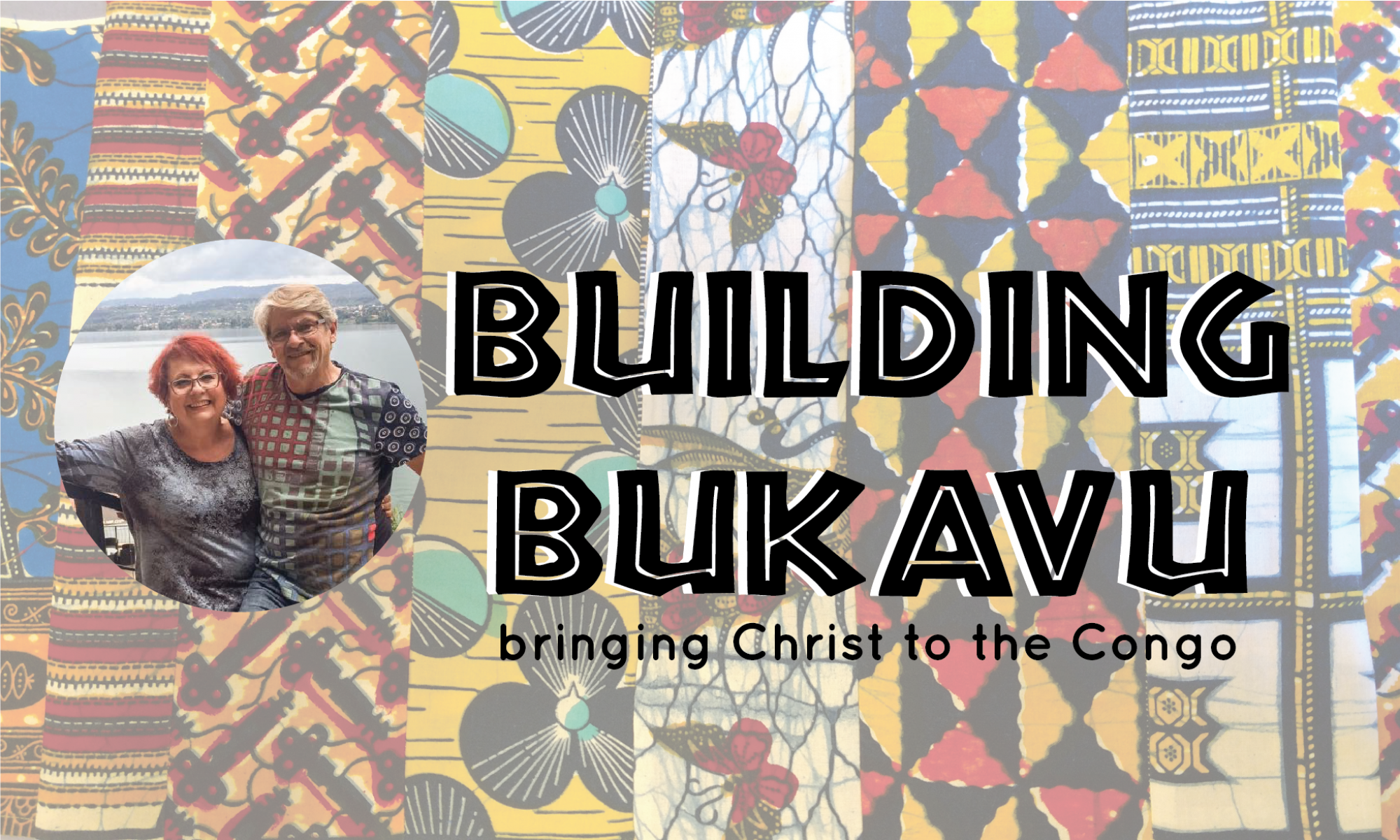Recently at Tracy’s Heart, a mother and her teenage daughter, who had heard of the program, came seeking help. They live way out in the poli (mountainous hinterlands) without anything. And I do mean absolutely nothing. They were completely destitute. The woman’s husband died some time ago, and ever since they have shifted around from place to place, staying wherever they could find a shelter from the rain and cold or a floor to sleep on.
We listened to their story. They had been staying at a relative’s tiny house, but they had to leave. Someone in the house had an eye for the innocent sixteen-year-old girl and raped her. She is now pregnant and scared, with no place to live and only her mother’s support. Her mother desperately wants to learn a trade so that she can set up a micro business and provide for herself, her daughter, and soon-to-be-born grandchild.
Nsimire (not her real name) was accepted to Tracy’s Heart’s year-long program, but because she knows no one in Bukavu, they have no place to stay. They return nightly to some far-off village, walking for several hours one way. This is not proving doable. So, Byabeka, director of Tracy’s Heart, found a small room for them to rent. However, Tracy’s Heart is operating on a shoestring itself right now. With costs of everything rising and the political climate so unstable, the foundation is woefully underfunded. Byabeka told us about this little family and asked if we could help in any way. Without question, we had to find a way to help. I knew I had to help and Brenda felt the same way, though we both are also very short funded right now.
How much is needed? Seventy dollars will rent them a room for a year, and it can only be rented if the year’s rent is paid up front. That’s right, seventy dollars a year. Not much, but it will make an extraordinary difference in these three lives. I know I’ll find a way to make our dollars stretch, and we know God’s promises are true. He will provide. Our need is nothing like theirs!
Leaving Tracy’s Heart that day, I was overjoyed to have had the opportunity to help them. I was blessed to meet the young girl, quiet and shy and completely overwhelmed by what was happening to them: hope was happening to them. However, this is just one story and there are many, many others.
Herein lies the difficulty of living in Congo: how does one deal with seeing so much tragedy and need, and being able to help so little? I admit this is an emotional challenge for me. Yet day by day, we have to choose to rejoice in giving to the ones God brings across our path when possible. Our goal for being here is to help people in all realms–spirit, soul, and body, whatever that might mean.
It is difficult to talk about the spiritual inroads we are seeing; they come slowly or are too personal. However, I can excitedly report that Brenda and I, along with the woman who heads up our province’s women’s ministries, have begun planning a seminar for the women in Bujumbura, Burundi (the capital city of a bordering country) after Christmas.
It’s easier to speak of the physical needs of the people, those we can readily address. Of course, those are the problems that often require money. Sometimes, like today, we hand it to someone who will see that it is used wisely to rent a place for a destitute family. But help is not always cash; it can be an antibiotic or even a day’s worth of Ibuprofen. On the same day we covered Nsimire’s rent, we also paid for a supplement that’s supposed to help with painful neuropathy for a diabetic. Yesterday, it was an old door that, to us, was no longer usable. Ray gave it to a man who needed it for his house. Also today, we fed a grateful crew wiring our house-to-be with a large portion of rice and beans for their lunch.
Tomorrow is a new day, and with it will come new opportunities and new difficulties to deal with. But His mercies are new every morning, too! With the right focus, we will overcome.





















